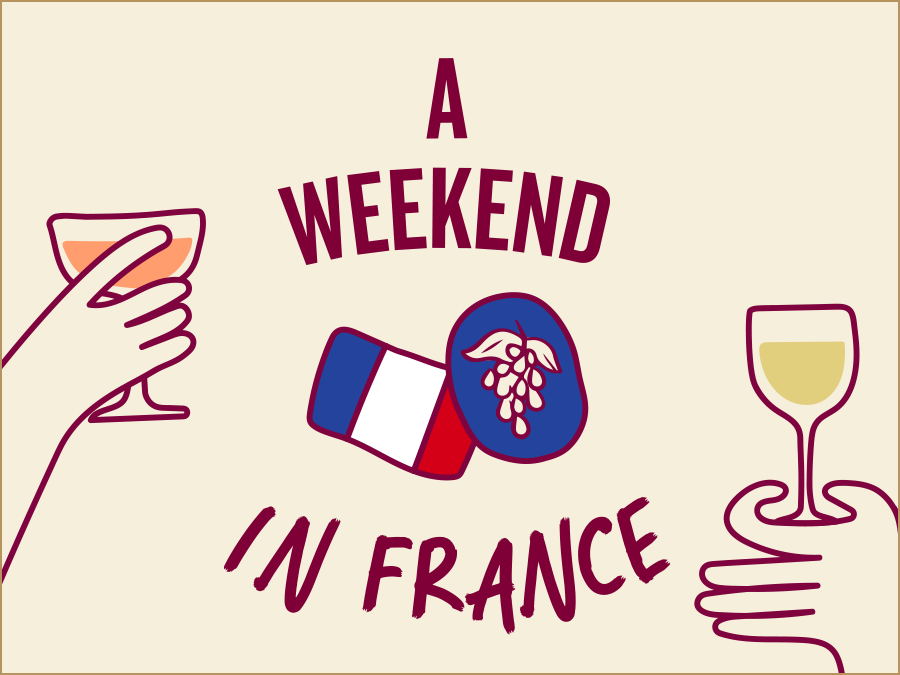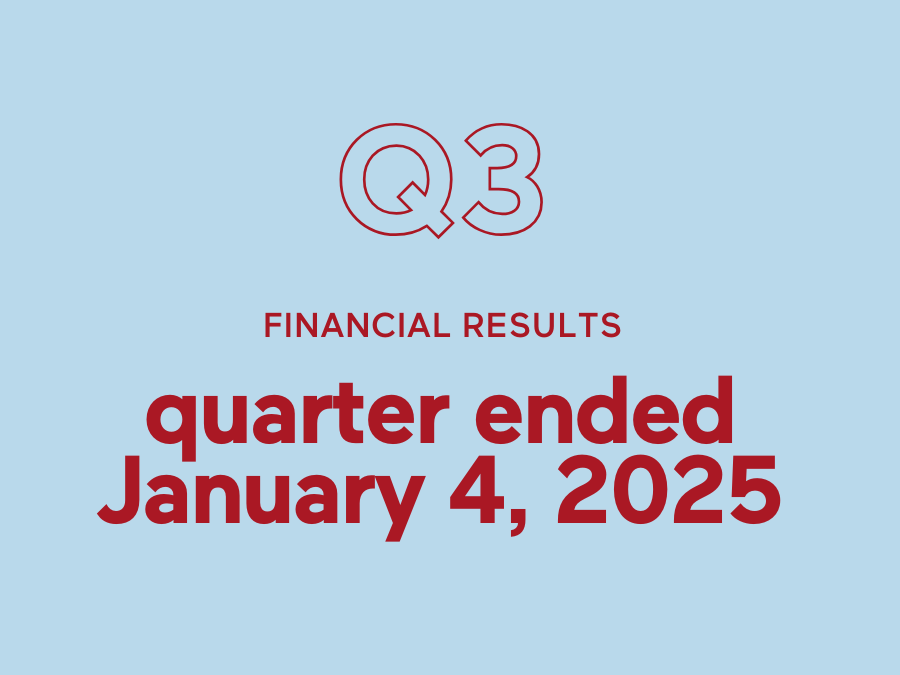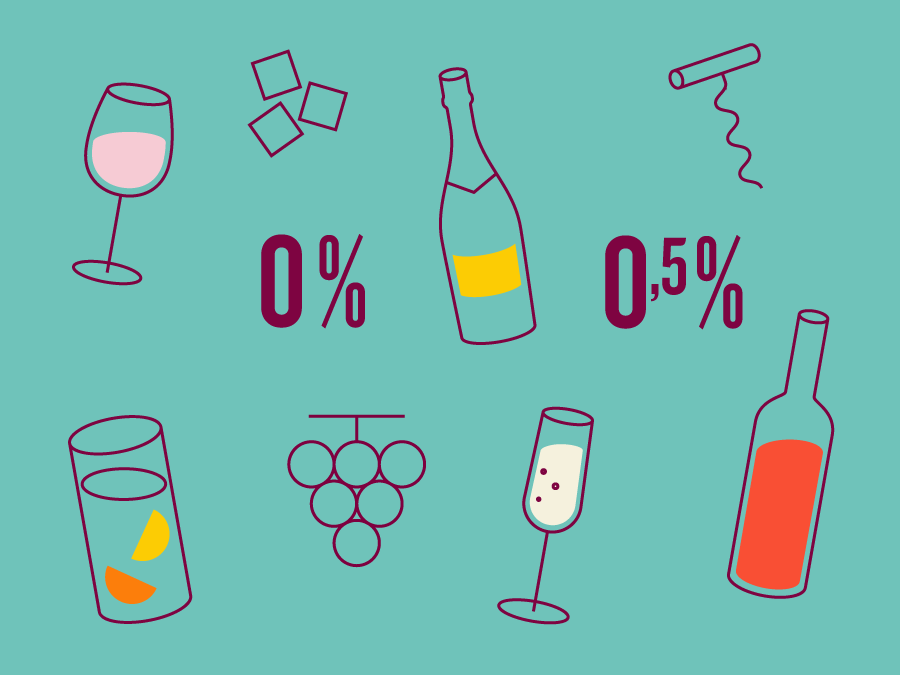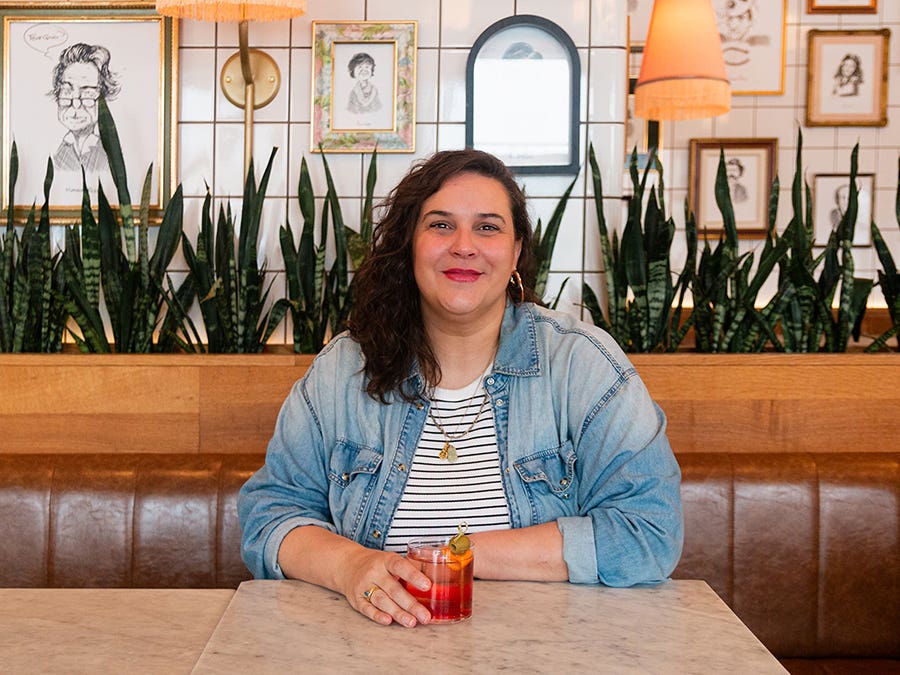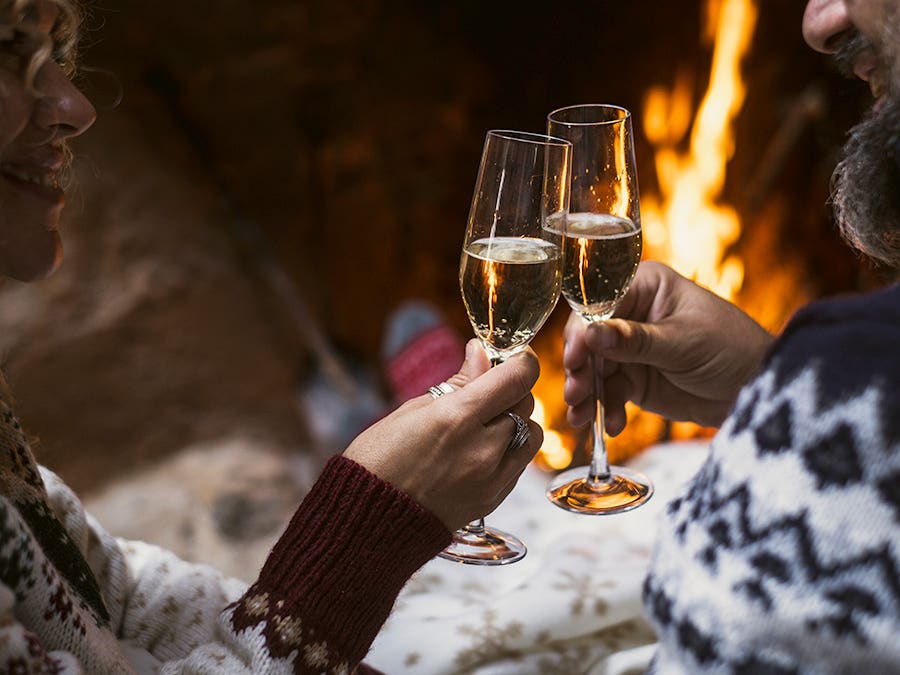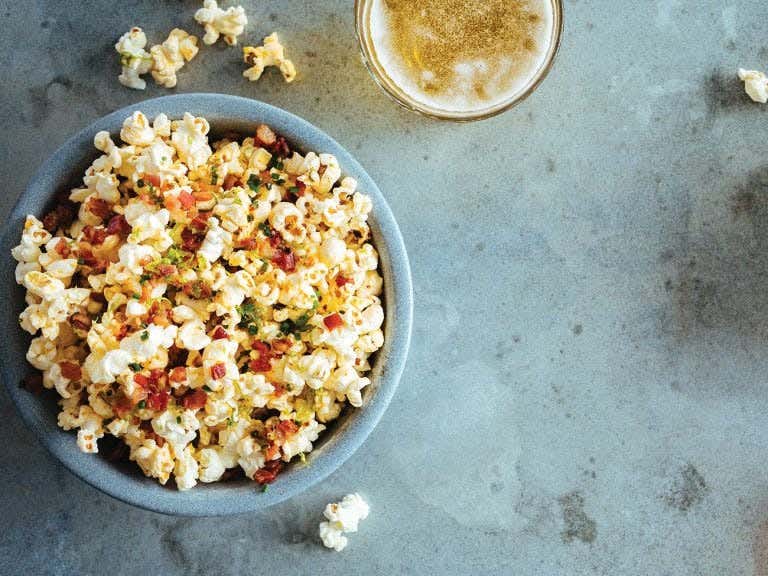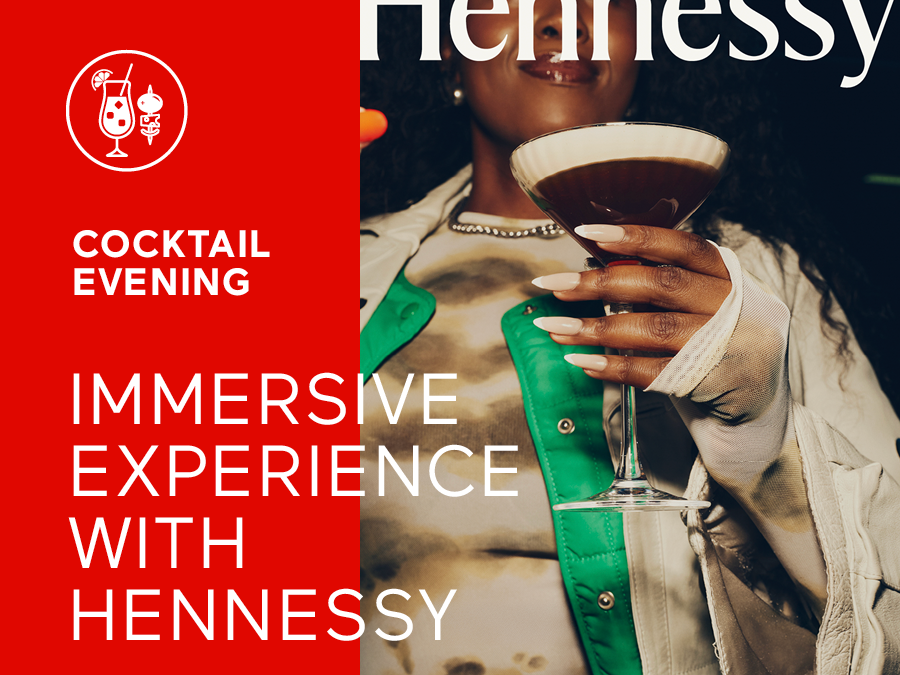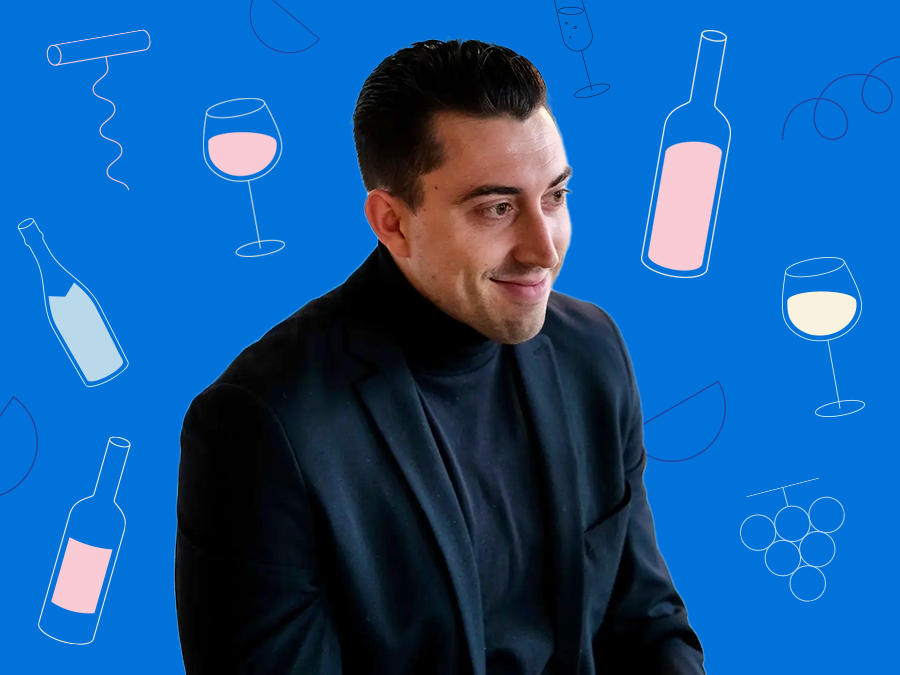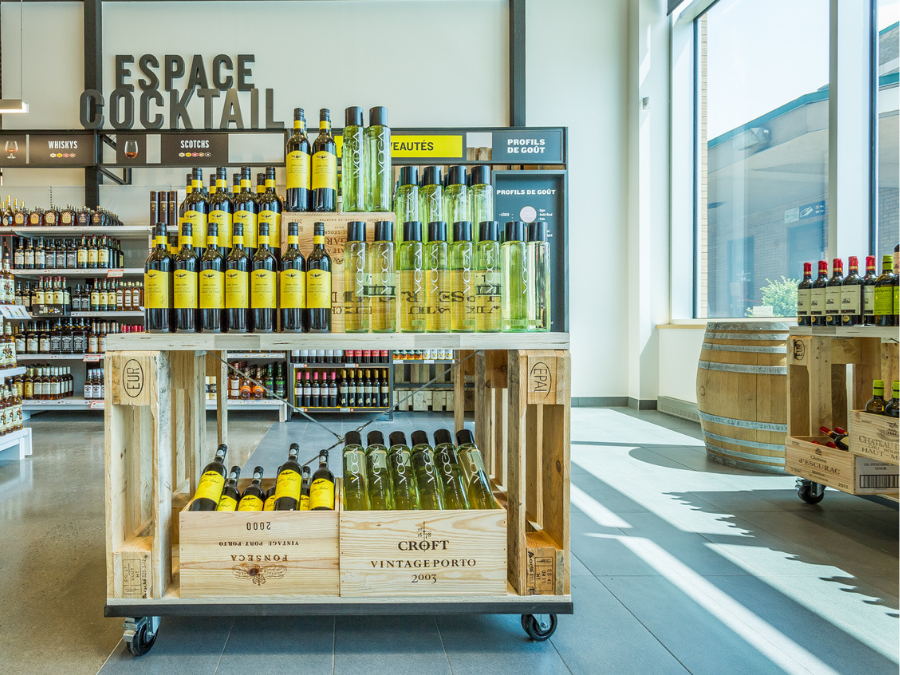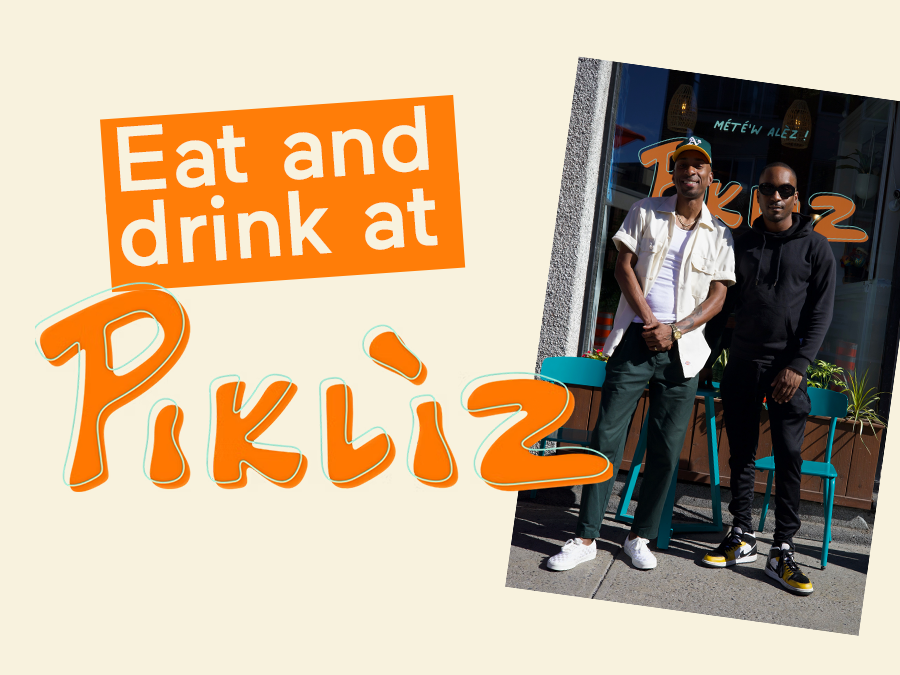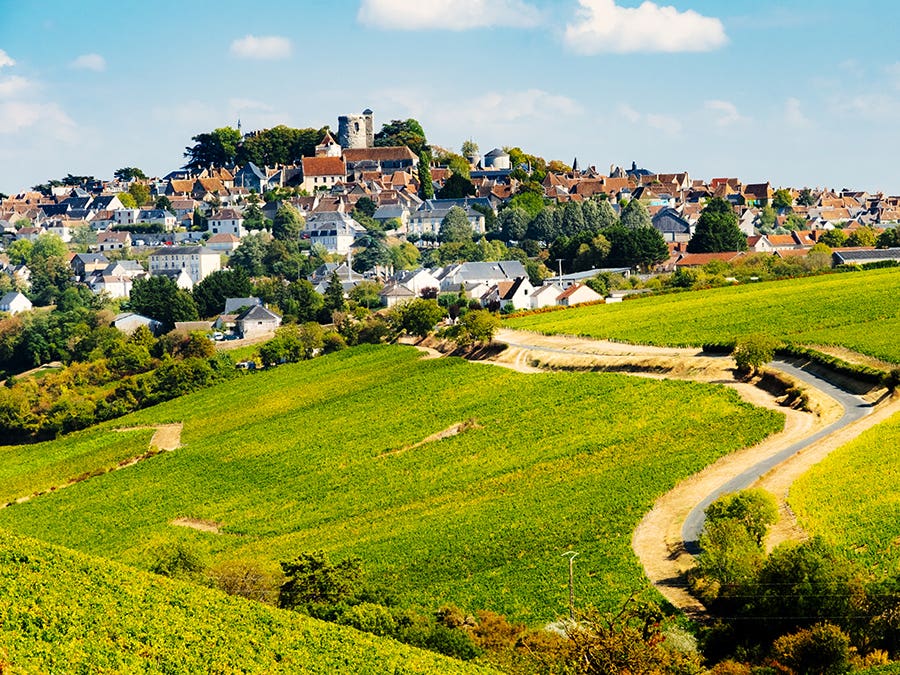All content columns
-
Read more
Friday, June 6, and Saturday, June 7, 2025 | Marché Bonsecours, Montréal | Festive aperitif and grand tasting
-
Read more
Among the range of low-alcohol products, more and more dealcoholized wines are popping up. Spotlight on some sparkling wines and a white wine to try.
-
Read more
Kate Boushel is a big name in the cocktail world. You could even say she’s a leader in mixology and hospitality—not just in Quebec, but the whole world. We had drinks with a woman whose talent is matched only by her unwavering determination to shake things up.
-
Read more
The fateful week is upon us, and there is no shortage of activities, nor of people on break. So yes to outings, but also to relaxed evenings at home, with a good drink. It’s all about balance.
-
Read more
Montréal, February 27, 2025
-
Read more
Think popcorn is boring? Think again! This little kernel has popped its way to the top of the snacking world. Here are a few one-of-a kind recipes to try at your next 5 à 7 or movie night, with pairing suggestions to boot.
-
Read more
Friday, April 25, 2025, in Montréal | 6 p.m. to 10 p.m. | Festive aperitif
-
Read more
A few days ahead of the competition, we asked Marie-Hélène Boisvert, member of the Canadian Association of Professional Sommeliers (CAPS), to interview her friend Joris.
-
Read more
Montréal, February 16, 2025
-
Read more
In this chilly month of February, we got a healthy dose of warm vibes when we met Akim Acacia, co-owner of the restaurant Piklìz. With his brother Abdel, he celebrates the spirit and cooking of the Caribbean with a wholly unique touch.
-
Read more
Fans know. Sancerre is renowned for its Sauvignon Blanc, a grape variety that flourishes perfectly in its unique terroir. Spotlight on this great wine, as elegant as it is intriguing, and some gourmet pairings.
 Access to SAQ Inspire personalized services and store inventories are unavailable at the moment.
Access to SAQ Inspire personalized services and store inventories are unavailable at the moment. Free in-store delivery with purchases of $75+ in an estimated 3 to 5 business days.
Free in-store delivery with purchases of $75+ in an estimated 3 to 5 business days. 
